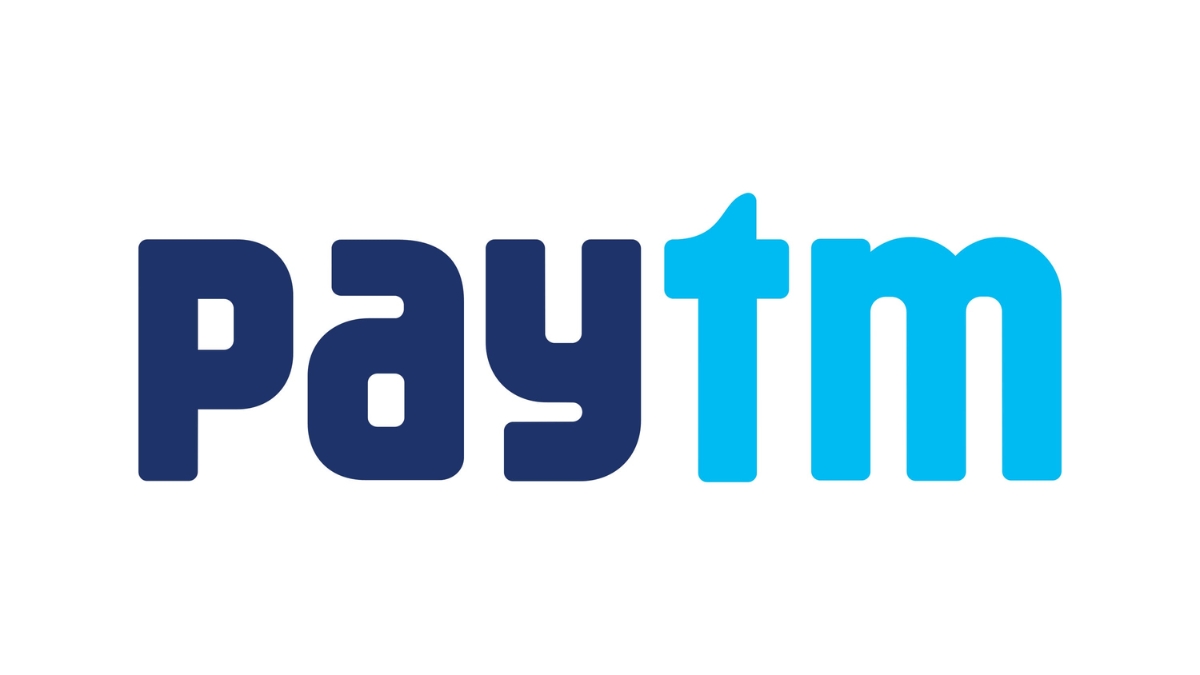As the world becomes increasingly digitized, it is no surprise that the financial sector is not left behind. Digital payments have taken over traditional modes of payment, such as cash and cheques, making transactions faster and more secure. Among the many digital payment modes available today, Unified Payment Interfaces (UPI) and e-wallets have gained widespread popularity in India.
UPI is a real-time payment system developed by the National Payments Corporation of India (NPCI) that enables instant money transfers between bank accounts through a mobile device. E-wallets, on the other hand, are digital wallets that allow users to store money electronically and make payments online or in-store.
While UPI and e-wallets are already widely used for everyday transactions, they can also be integrated for hassle-free claim settlements. Insurance companies, for instance, can leverage these digital payment modes to make claim settlements quicker, more convenient, and transparent for their customers.
The integration of UPI and e-wallets with the insurance industry can benefit both policyholders and insurers in several ways. Firstly, it enables policyholders to receive claim settlements directly into their bank accounts or e-wallets, eliminating the need for physical documentation and long processing times. This, in turn, ensures a faster and more seamless claim settlement experience.
Moreover, the integration of UPI and e-wallets can help insurers to reduce their administrative costs, as digital payments are cheaper and require less manual intervention. Insurers can also eliminate the risk of fraud and errors associated with traditional payment modes, thereby ensuring greater accuracy and transparency in the claim settlement process.
Another significant advantage of integrating UPI and e-wallets with the insurance industry is that it can increase financial inclusion. With UPI, even individuals who do not have a bank account can receive claim settlements directly into their mobile wallets. Similarly, e-wallets can help to bridge the gap between individuals who do not have access to traditional banking services and digital payment systems.
To ensure the successful integration of UPI and e-wallets with the insurance industry, there are a few key considerations that need to be taken into account. Firstly, insurers need to ensure that their systems are compatible with UPI and e-wallets to facilitate seamless transactions. This may involve partnering with third-party providers who can help to integrate these payment modes into their existing systems.
Additionally, insurers need to educate their customers on the benefits of using UPI and e-wallets for claim settlements. Many individuals may be hesitant to use these digital payment modes due to a lack of understanding or trust in the technology. Insurers can address this by providing clear and concise information on how these payment modes work, the benefits they offer, and the security measures in place to protect their customers’ data.
Lastly, insurers must ensure that they comply with all relevant regulations and standards when integrating UPI and e-wallets into their systems. This may involve obtaining necessary approvals from regulatory bodies, implementing robust security measures, and complying with data protection laws to safeguard their customers’ personal and financial information.
In conclusion, the integration of UPI and e-wallets with the insurance industry has the potential to revolutionize the claim settlement process. By leveraging these digital payment modes, insurers can offer their customers a faster, more convenient, and transparent claim settlement experience while also reducing their administrative costs. However, for this integration to be successful, insurers must ensure that their systems are compatible with UPI and e-wallets, educate their customers on the benefits of using these payment modes, and comply with all relevant regulations and standards.










